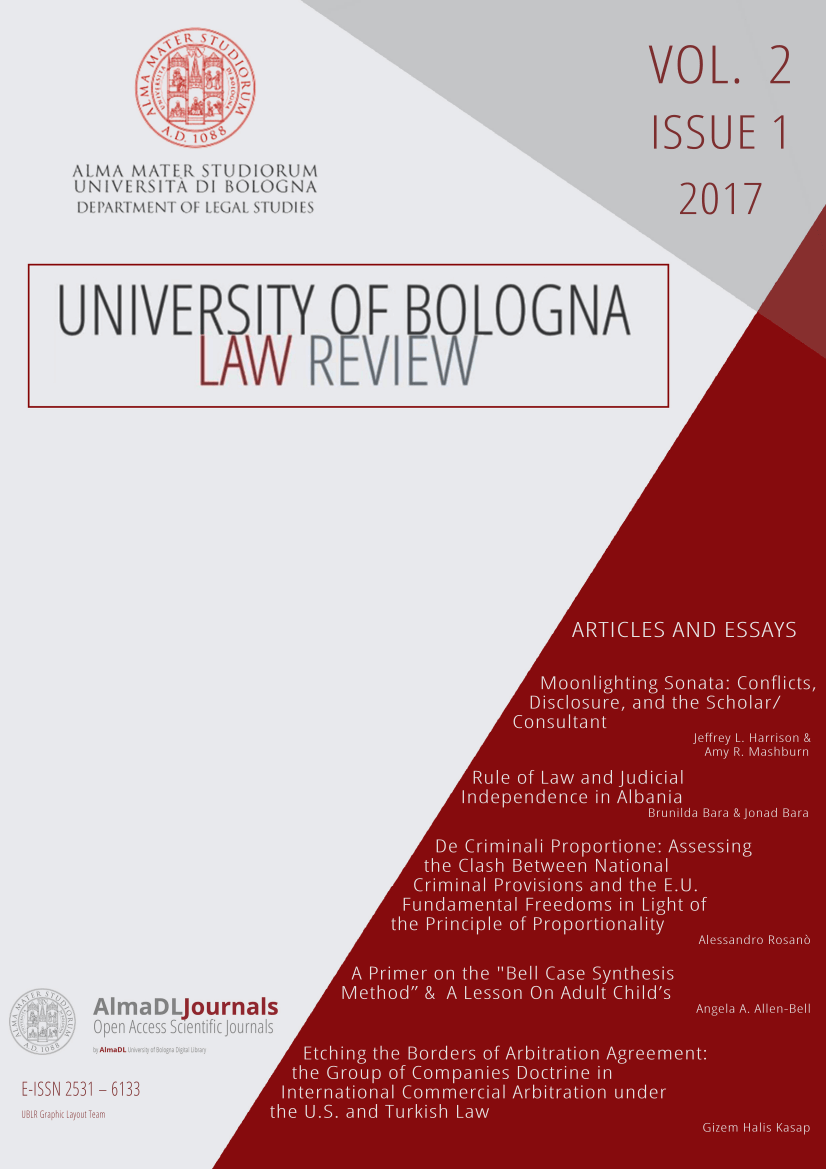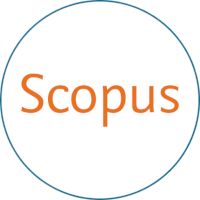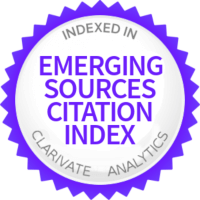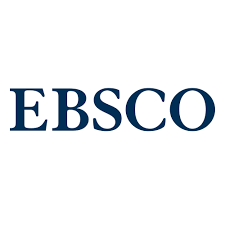Rule of Law and Judicial Independence in Albania
DOI:
https://doi.org/10.6092/issn.2531-6133/6960Keywords:
Albania, Judicial, Independence, Law, RuleAbstract
We know the importance that the rule of law has for our society, our democracy, and the kind of civilization we want, but we rarely take the time to think about what the components of the rule of law are and how we ensure that the rule of law is maintained. In its most basic form, the rule of law is the principle that no one is above the law. Legal documents, such as constitutions, national legislation, a court system, and international agreements, govern a state’s actions towards its citizens. Governmental authority is legitimately exercised only in accordance with written, publicly disclosed laws adopted and enforced in accordance with established procedural steps that are referred to as due process. The rule of law is a very broad concept. It involves several aspects rooted in democracy. This paper will focus on the independence of the judiciary as part of the rule of law. Judicial independence means that judges are independent from political pressures and influences when they make their decisions, that they should not be pressured by a political party, a private interest, or popular opinion when they are called upon to determine what the law requires. Keeping the judiciary independent of these influences ensures that everyone has a fair chance to make their case in court and that judges will be impartial in making their decisions. Presidents, ministers, and legislators, at times, rush to find convenient solutions to the exigencies of the day. An independent judiciary is uniquely positioned to reflect on the impact of such acts on rights and liberty, and must ensure that those values are not subverted. The need for an independent judiciary in Albania is of paramount importance for Albania’s integration in the European Union.
Downloads
Downloads
Published
How to Cite
Issue
Section
License
Copyright (c) 2017 Brunilda Bara, Jonad Bara
The copyright of all the manuscripts on this journal belongs to the respective authors.
This journal is licensed under a Creative Commons Attribution 4.0 International License (full legal code).
See also our Open Access Policy.












